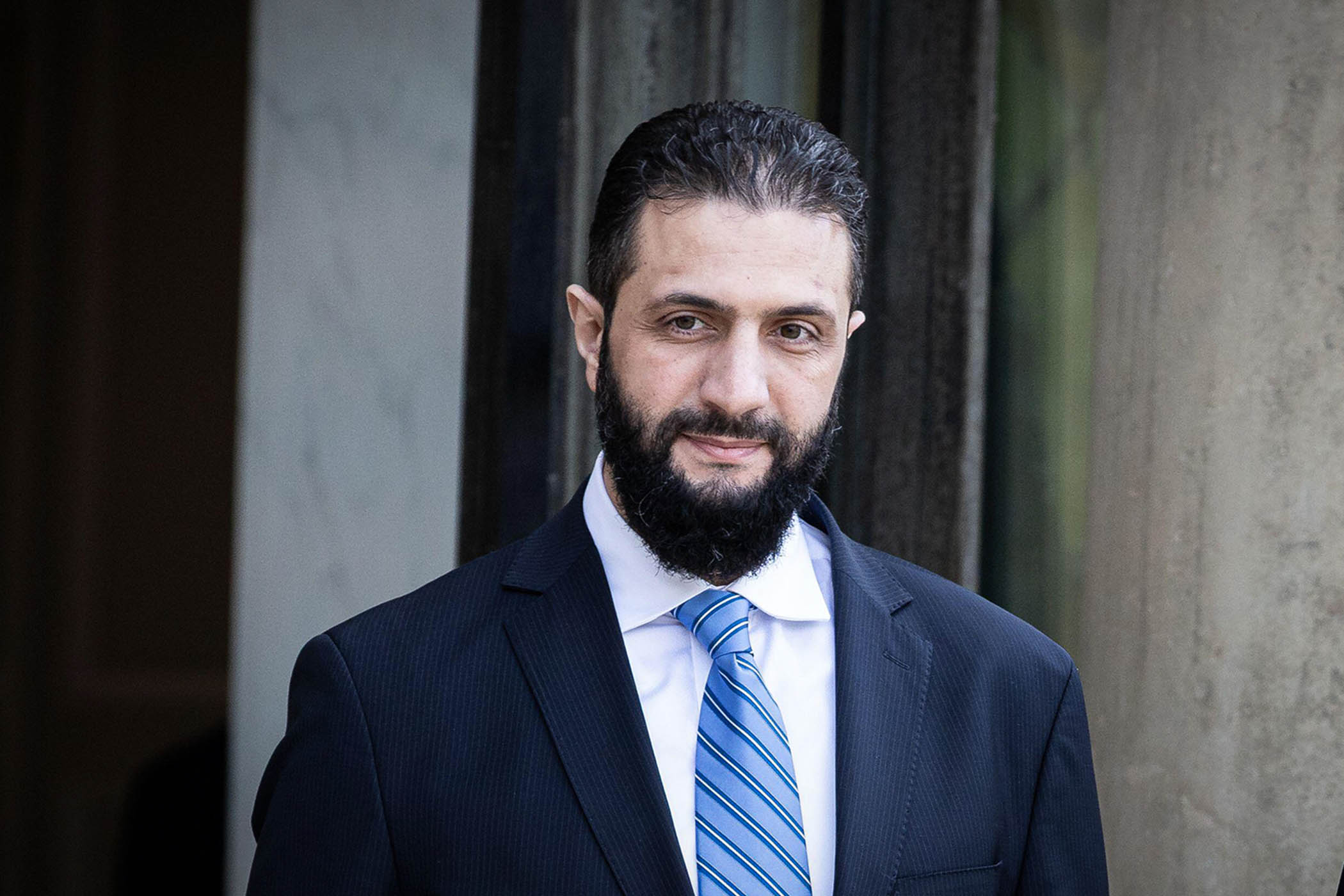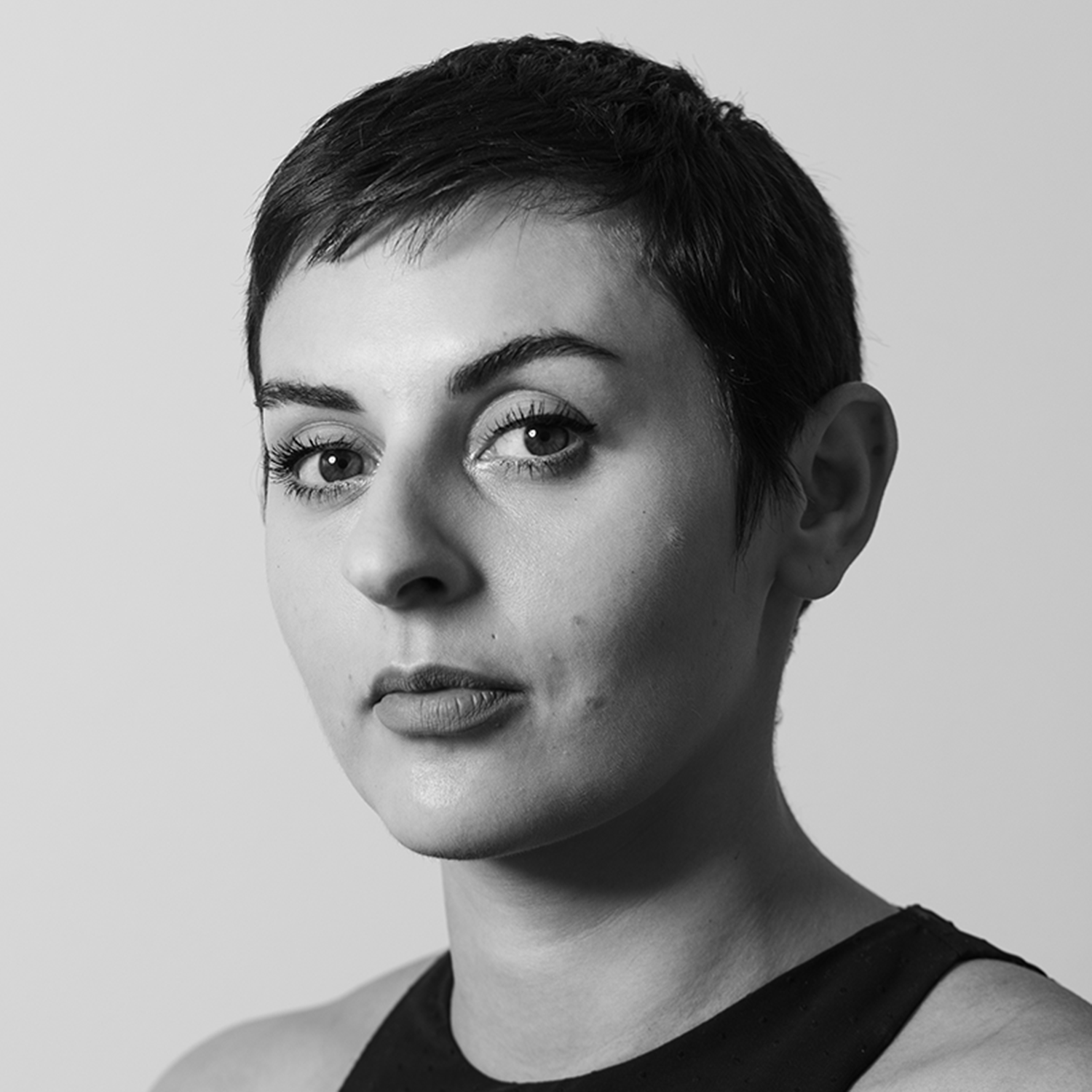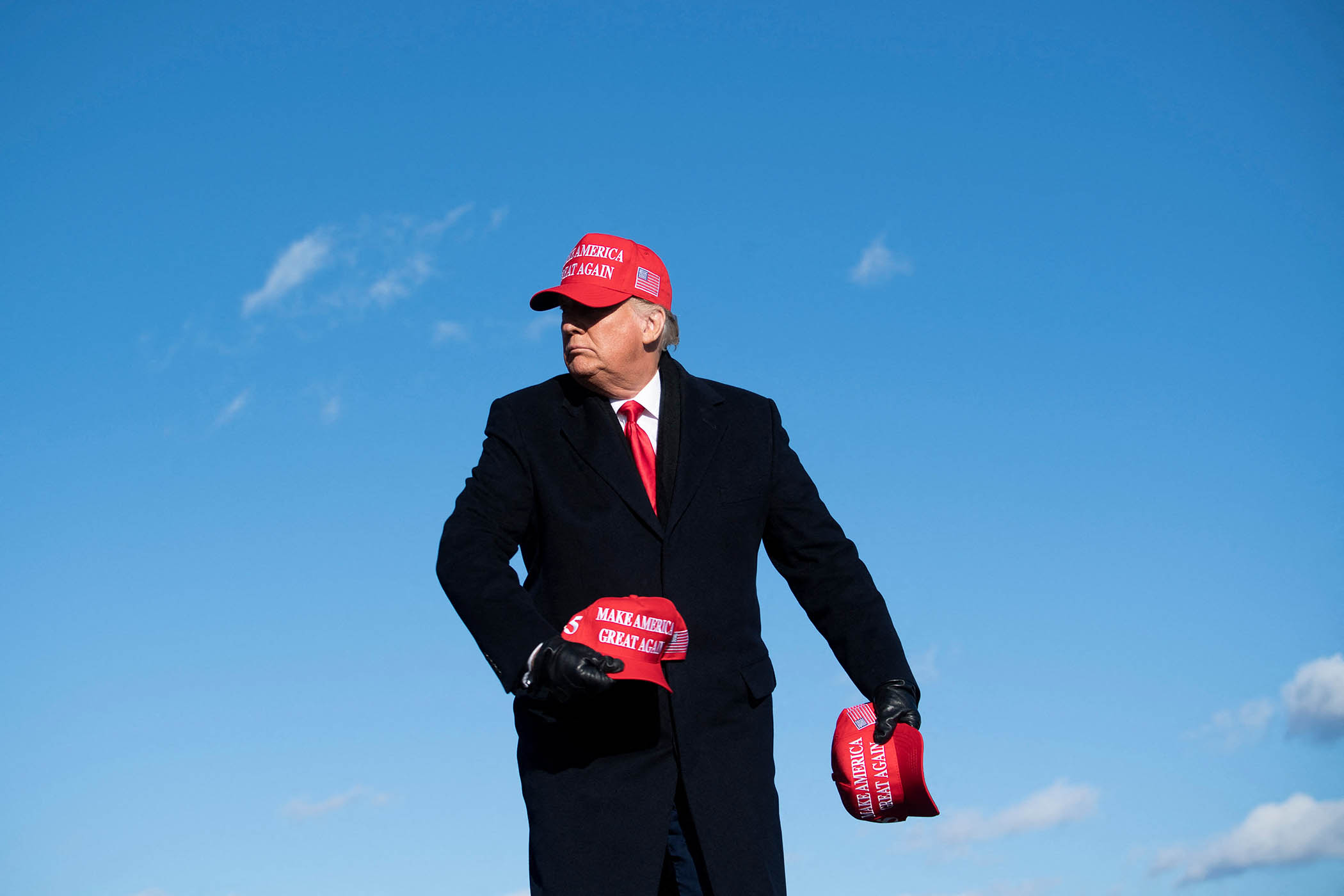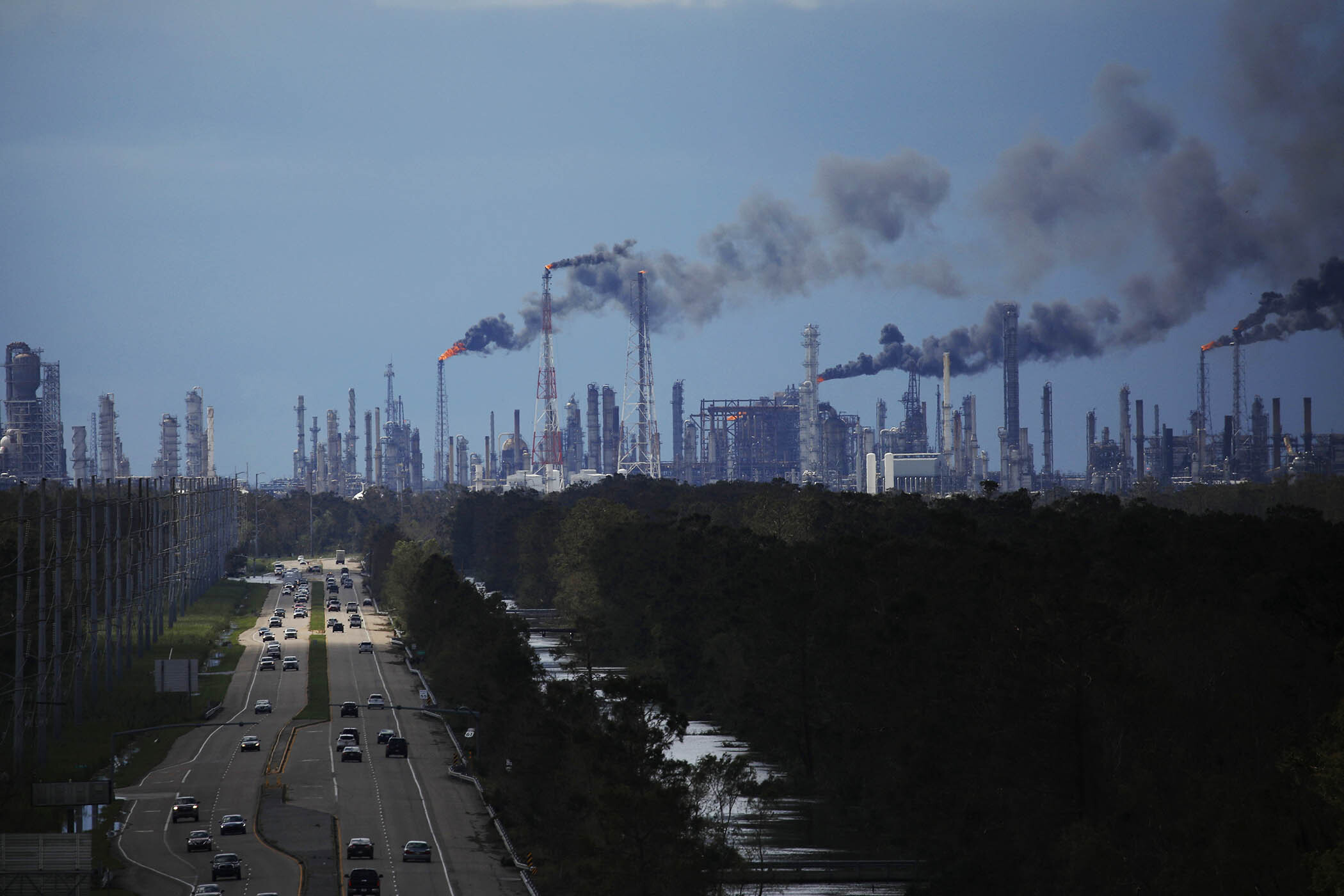A former jihadist who once had a $10 million bounty on his head from the US government will today walk through the doors of the White House.
So what? Ahmed al-Sharaa fought against US forces in Iraq where they captured and imprisoned him. This weekend he was filmed playing basketball with top military commanders. Now he will be the first Syrian president to visit the Oval Office in more than 80 years. His arrival
•
symbolises Syria’s return to the international stage after years of isolation;
•
heralds a new era of relations between the country and its former enemy; and
•
may help Syria lift the remaining US sanctions that hang over its struggling economy.
Story so far. Sharaa, who used to lead an offshoot of al-Qaeda, became president after spearheading an insurgency that toppled Bashar al-Assad last December. Donald Trump has since described Sharaa as a “young, attractive guy” with a “strong past”.
Good relations matter. Such warmth is in some ways about the rapport between the two leaders. The US president has shown willingness to upend years of Washington’s policy towards Damascus, including decisions taken during his first term, to try to give Syria a fresh start after the fall of the Assad regime.
But so does policy. Under Assad, Syria was subject to punishing financial and targeted sanctions issued by Washington. A warm meeting between Trump and Sharaa in Saudi Arabia in May prompted the US president to say he would ensure that all sanctions on Syria were lifted immediately. This sparked jubilation in Damascus as citizens believed their economic fortunes would soon be reversed and that their country would be welcomed back into the global fold.
Reality bites. It has been a slow process. Sharaa’s visit is likely to be taken up by discussions about how to remove the remaining US sanctions on Syria, such as those imposed by the 2019 Caesar Act. Trump’s desire to lift them has been resisted by members of his administration and inside Congress. Some Republicans want more time to assess the Syrian leader’s governance.
The other view. Supporters of Sharaa say that without lifting sanctions, the country will remain in economic limbo with business and reconstruction unable to get off the ground.
Early success. The UN Security Council voted to remove sanctions on Sharaa and interior minister Anas Khattab after Washington lobbied for them to be taken off a sanctions list of former members of Isis and al-Qaeda. Britain and the US followed suit on Friday.
Important step. This is a key element of closer ties between Damascus and Washington, given
•
reports that US forces are exploring stationing troops at a base near the Syrian capital; and
•
that Sharaa could sign an agreement to join a US-led international alliance against Isis.
Not for nothing. Hours before the Syrian president arrived in Washington, it was announced that his security services had detained dozens of suspected members of the terrorist group.
Also on the table are Trump’s efforts to create a lasting peace between Syria and neighbouring Israel, with Israeli forces striking Damascus and repeatedly staging incursions earlier this year.
What’s more… The White House has advertised the visit by Sharaa as another chapter in a wider mission to bring peace to the Middle East and the world. But it’s the result that matters.
Photography by Telmo Pinto/SOPA Images via Alamy



